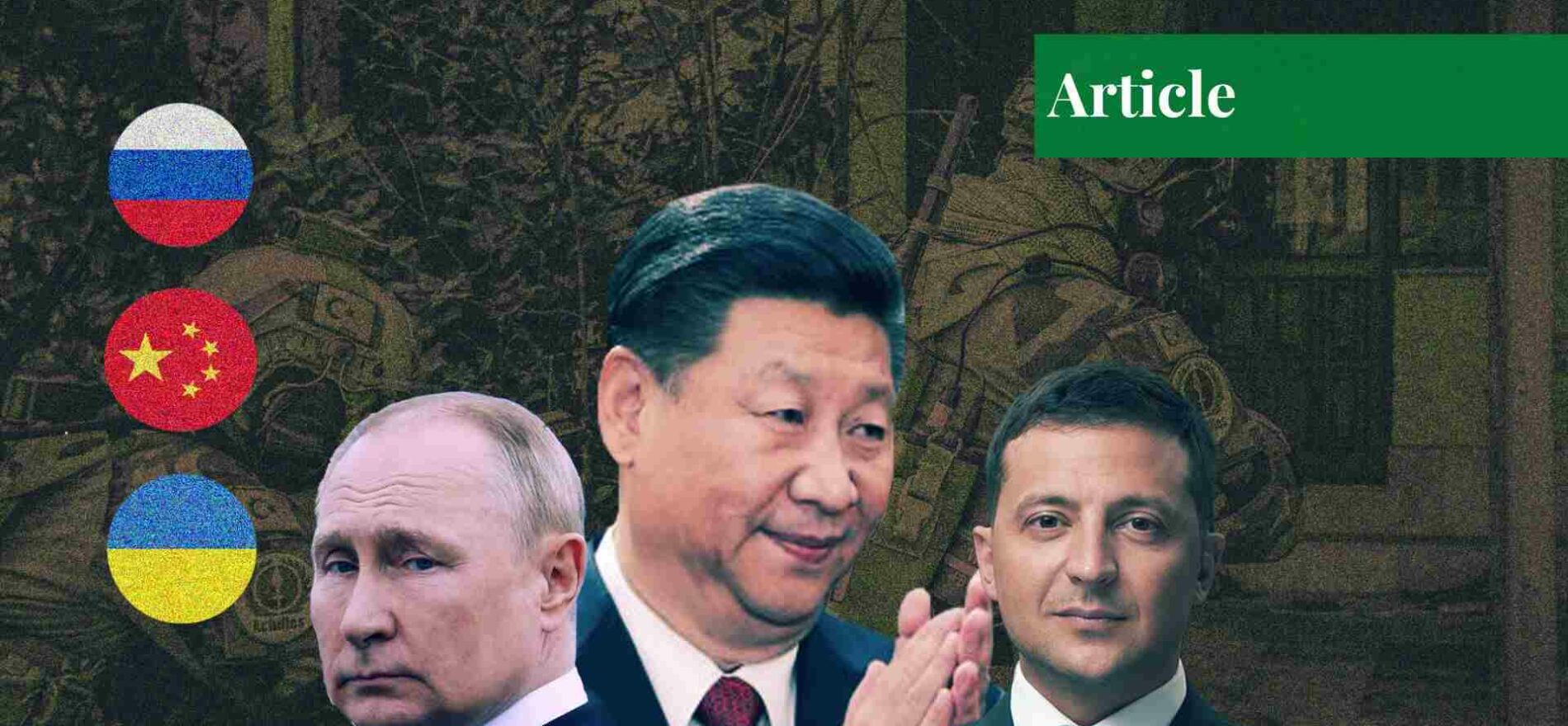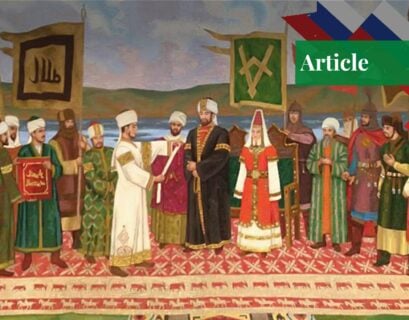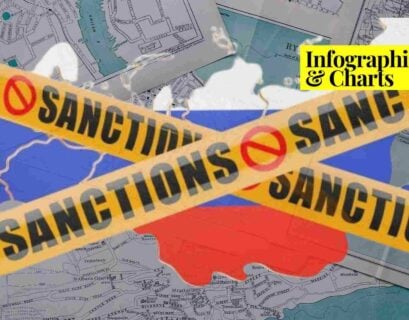The Plan
It has been over a year since Russia invaded Ukraine on 24th Feb 2022, and the war is continuing to cause massive destruction to human life and infrastructure in Ukraine. Geopolitics has taken a complete shift as now it is predominantly dependent on energy and bloc politics. Recently, China brought forward its 12-point peace plan that aims to end the war.
The 12-point peace plan primarily focuses on the fundamental principles of the United Nations and a process to bring the warring parties to the table. The plan has been both welcomed and rejected by countries.
The peace plan by China includes respecting the sovereignty of countries, abandoning the cold war mentality, ceasing hostilities, resuming talks, dealing with a humanitarian crisis, protecting civilians and prisoners of war, protecting nuclear power plants, facilitating grain export, stopping unilateral sanctions, maintaining industrial supply chain, and promoting post-war reconstruction.
The West’s Opposition
As per the peace plan, it is evident that the rising China has indirectly pointed to the US and West as ones promoting the cold war mentality and bloc politics of the cold war era through unilateral sanctions; the West continues to provide arms to Ukraine while calling out China and other countries helping Russia. As such, the plan has not been appreciated by the West, especially the US.
According to the West, the plan has contradictions in it; it does talk about sovereignty and territorial integrity, but there is no mention of the Russian troops’ withdrawal from the region. To them, China does not have the international credibility to act as a mediator. The US has also alleged that China has been providing Russia with strategic assistance and thus is seen as a plan to facilitate Russia.
Moreover, the West believes that the post-war reconstruction refers to China’s aims to secure its investment projects in the country and gain economic benefit from the entire situation. Furthermore, the points in the peace plan are considered vague and have no proper mechanism to provide a solution.

Responses by the Actors
It was actually surprising to see Ukraine welcoming the plan. At the one-year anniversary of the invasion, Zelensky stated that he wanted to believe that China was interested in “fair peace”. So far, Ukraine has been clear on its demands for the end of the war which include reparations and prosecution of the Russian leadership involved in war crimes. However, there is no mention of the above in the peace plan proposed by China.
The Russian foreign office thanked China and mentioned that any new peace deal would require “new territorial realities.” Thus, it can be said that the outright progress of the peace plan seems far-fetched as the points laid down in the peace plan seem to favour Russia, despite China having stated its neutrality on multiple occasions.
According to the analysts, China wants to project itself as a mediator for the countries of the global south where it has major economic and political interests. In addition to this, China cannot afford to completely lose its relations with the European countries as they are not only part of BRI but also important trading partners. Many western analysts also see this move as China’s attempt to show the world that the US has been using NATO as a tool to fulfill its interests in the region.
The world has shifted away from unipolarity to multipolarity and so there are multiple actors with different conflicting interests. The Russia-Ukraine war also seems to have become a war between the East and the West. Thus, it has become a complex issue with far-reaching impacts on the entire world.
If you want to submit your articles, research papers, and book reviews, please check the Submissions page.
The views and opinions expressed in this article/paper are the author’s own and do not necessarily reflect the editorial position of Paradigm Shift.



















